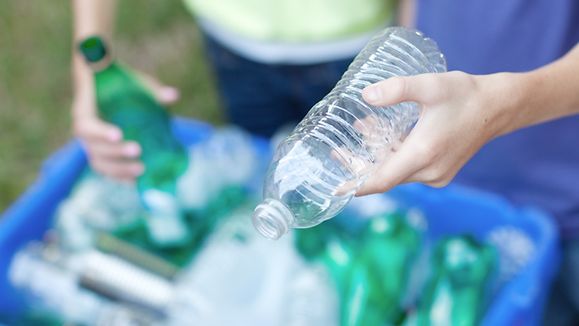Circular Economy
Germany's Waste Management and Recycling Industry
Germany is a leading country when it comes to waste management and recycling, with a well-established and growing market. In recent years, the demand for this industry in Germany has strongly increased, which has created an opportunity for foreign investors to enter the market and tap into its potential.
Key facts on Germany's waste management and recycling market
In Germany, the waste management & recycling market revenues have been steadily increasing since 2017. While revenues peaked in the years 2022 with around EUR 62 billion the market is projected to reach more than EUR 70 billion revenues by 2024.
Demographic changes, new lifestyles (including the increase of one- and two-person households), and an ageing society have led to a constant increase in waste material supply in Germany. In 2020, construction & demolition waste accounted for the largest share of total waste volumes followed by municipal waste and waste from waste treatment facilities.
In recent years, the rapid growth of waste material production has however generated an equally growing demand for waste management in Germany, which has created an opportunity for foreign investors to handle the increasing amounts of waste volume and tap into its market potential.
What drives the market for waste management and recycling in Germany
Several factors drive the market for waste management and recycling in Germany.
FIrst of all, Germany has introduced a range of policies and regulations to encourage waste reduction and recycling, including deposit schemes for plastic and glass bottles, landfill taxes, and packaging regulations. These policies provide a strong framework for waste management and recycling, and help to ensure that the market operates efficiently and effectively.
The provisions of the German Waste Management Act (KrWG) are the backbone of Germany’s leading waste management & recycling market. The KrWG enshrines the concept of product responsibility by defining responsibilities along the product life cycle and offering incentives to manufacture durable products. The act seeks to turn a waste management culture into a resource management culture - minimizing waste generation and maximizing reuse and recycling.
A central principle of the law is the five-stage waste hierarchy. Its key regulations include:
- Avoidance
- Re-use
- Recycling
- Energy recovery
- Disposal
Opportunities for foreign companies in Germany
In 2020, around 70 percent of total waste volumes were recycled in Germany. Highest share was in construction and demolition waste (88 percent), followed by municipal waste (67 percent).
Nevertheless considerable waste volumes still end up being disposed through landfill incineration or energetic recovery, leaving considerable amounts of waste materials available for recycling. There are also multiple material flows requiring further recycling process improvements, above all, aircrafts, packaging, plastics, textiles, wind turbines, EV batteries, construction waste, and CFK/GFK.
Contact our industry experts to get more information on market opportunities for your business in Germany. |
